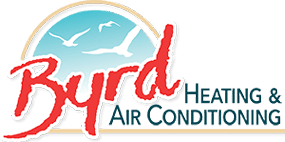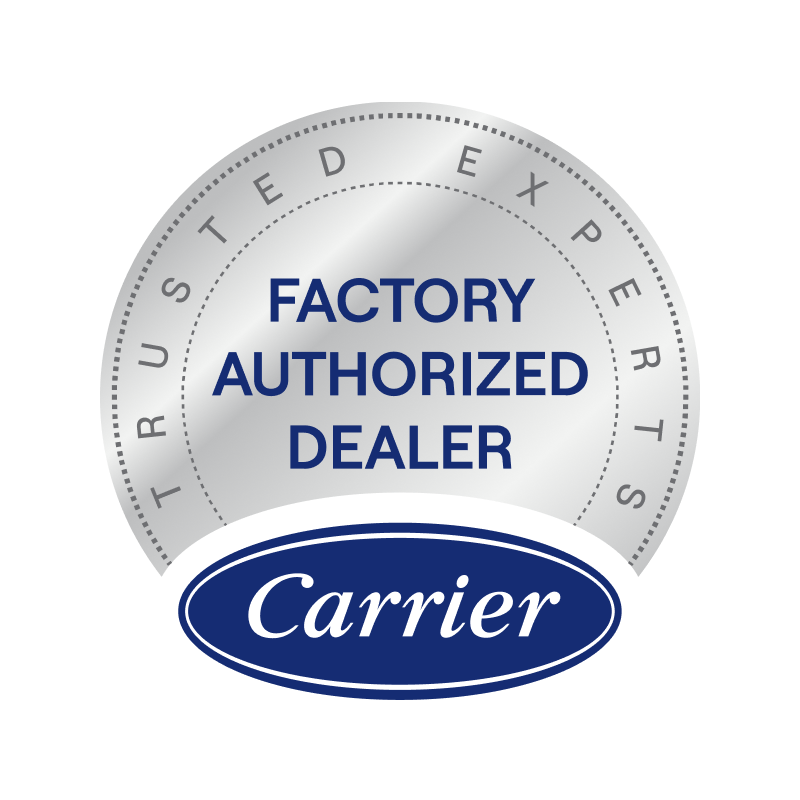When you’re in the market for a new home, it’s definitely an exciting time in your life. Unfortunately, it doesn’t always go as smoothly as you’d hoped. Obtaining financing, negotiating, and getting a proper inspection are all concerns, yet even overcoming these obstacles doesn’t mean your house is in tip-top shape. That’s why it’s important to add an HVAC inspection to your to-do list. Here are just a few things you should know about HVAC systems when you’re hunting for a home in Hilton Head, South Carolina.
Get Your Own Inspection
In an ideal world, you could just take the current homeowner’s word on the condition of your new home’s HVAC system. However, this isn’t reality. To make sure the HVAC system is in proper working condition, you need to hire a reputable contractor for an inspection. When you contact us to perform your inspection, we’ll send out one of our NATE-certified technicians who know the ins and outs of everything HVAC. Once we’ve completed our inspection, we’ll give you insight and advice on what needs repairs and a fair estimate of how much everything should cost.
Ask the Right Questions
If you aren’t sure just how well the HVAC system of your potential home is performing, be sure to ask the right questions of the homeowner or the real estate agent. Possible questions include the age of the system, a list of maintenance or preventive maintenance receipts, and any warranties that are still valid. When you have these answers, you can make a more informed decision on what you’ll need to do to improve the system. If you decide to purchase the home, you should also consider a preventive maintenance plan. Not only will this keep your HVAC system running smoothly, but you’ll also protect your most valuable investment.
Fuel Source and Type of System
The type of system and its fuel source are two important considerations when it comes to your HVAC system. These factors affect your monthly bill and your energy efficiency. Traditional HVAC systems aren’t always the best decision, although there’s nothing wrong with them. For the milder climates of South Carolina and Georgia, you may want to seek out a heat pump, as they’re widely regarded as the most efficient heating and cooling source available.
Once you’ve determined which system the home has, you should also note what fuel source they use. In most cases, this is natural gas, electricity, or oil. Each has its own pros and cons, and choosing the right one depends on your wants and needs. Natural gas is typically the cheapest choice, although you’ll need access to a local gas line to hook it up. Oil provides a great source of heat and is cheaper than electricity, but it gives off more pollution and waste. The easiest and one of the most popular sources, electricity, is simple to hook up, lasts longer, and has lower installation costs than other fuels. However, it is the most expensive when it comes to your monthly bill.
How Energy Efficient the HVAC Is
Another HVAC concern is efficiency. Your unit may have been freshly installed or perhaps is only a few years old, but that doesn’t necessarily mean that it’s efficient. To make sure you’re getting an efficient unit, write down the manufacturer and model number and hit the internet for some research. You should easily find the SEER, or Seasonal Energy Efficiency Rating, on a manufacturer’s website or a retail store. If you want a highly efficient system, look for a rating of at least 13. For systems with a rating below 13, it’s up to you to decide if it’s worth the purchase.
If the System Needs Replacement
Once you’ve done all your research, conducted an inspection, and asked all the right questions, you may find that you need a new HVAC system. If that’s the case, you need to develop a budget to compare the costs of such a replacement. You may also want to negotiate a deal with the homeowner to factor the HVAC replacement cost into your home purchase price.
When it comes to buying a new home, don’t get caught up in the moment and forget to look at the HVAC system. If you need help when it comes to this process, don’t hesitate to call Byrd Heating and Air Conditioning at 912-373-8447.
Image provided by Shutterstock


